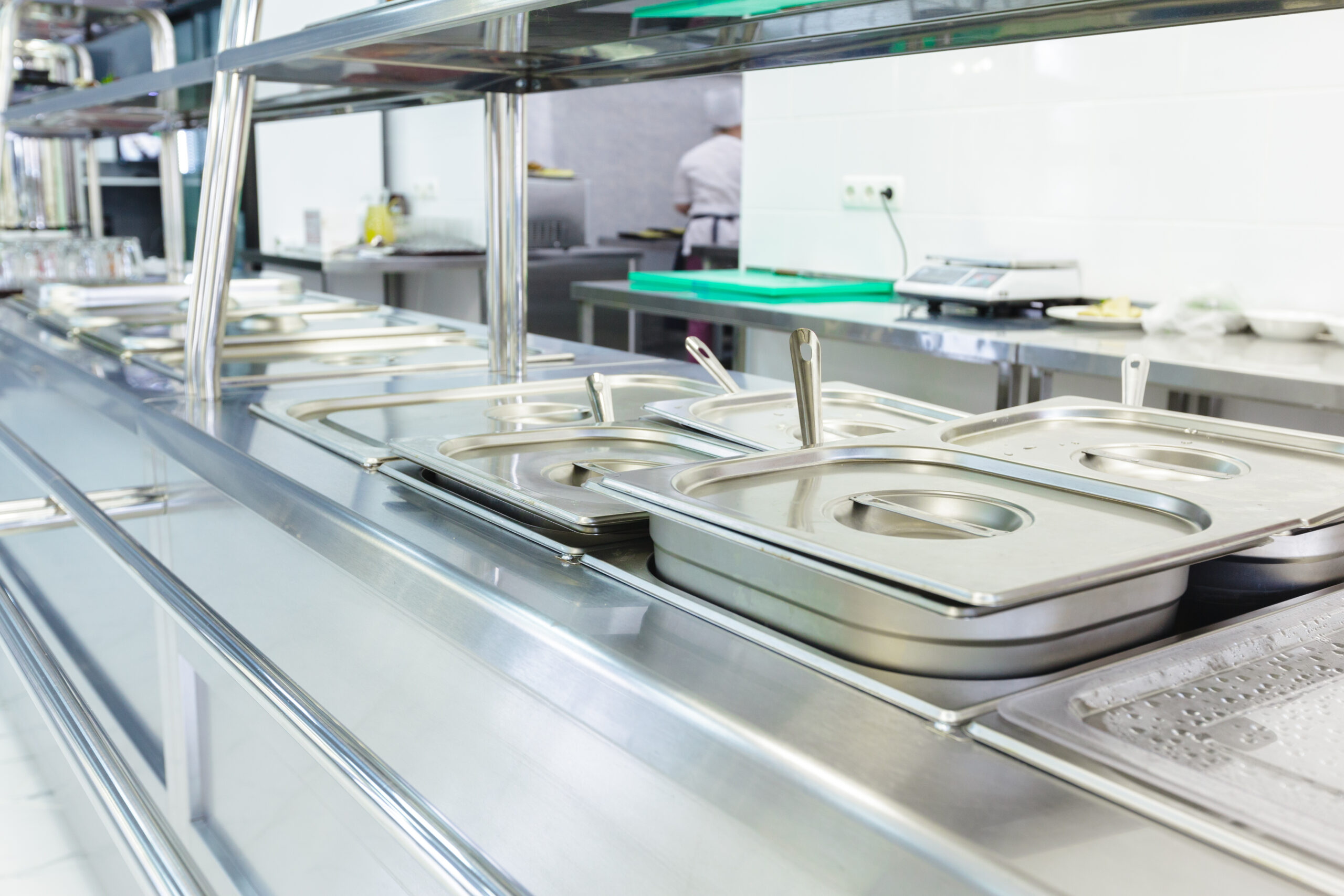Addressing Food Waste at Colleges and Universities

By Kate WorleyAddressing Food Waste at Colleges and UniversitiesIn the U.S., the 18 million students attending classes at 5,000 colleges and universities nationwide generate an estimated 20 million tons of food waste each year.¹´²´³ Many of these students live on campus, and even for those who don’t, eating the majority of their meals at college dining halls is not unusual.As compared to several decades ago, U.S. colleges and universities have many more dining options available in addition to the dining hall. Campus restaurants and food courts have become more common, providing a wide range of options for students, faculty, and visitors alike, and in turn causing more food waste.⁴ There are literally (millions of) tons of opportunities to reduce and recycle!While the majority of food waste is generated at campus foodservice, other areas on campus where food waste and other organic waste streams could be generated and potentially recycled include:
- Dining halls, food courts, and snack bars
- Sporting events
- Greenhouses, gardens, and agriculture programs
- Campus landscaping
- Veterinary or agriculture buildings that raise animals (manure)
Now that we’ve discussed the rough size of the opportunity (20 million tons+) and potential areas on campus that might be producing organic waste, let’s talk recycling. After reducing waste, recycling is the next best option. Where to start? Consider your campus waste streams, where they are generated, and who would be collecting material for recycling. The flow is to ensure the right containers are available, bags are provided if required, staff are trained, and service is set up. “Back-of-house” collection includes production areas and kitchens, where training and procedures can better control the recycled materials to prevent contamination. “Front-of-house” can be a bit more difficult, as it includes students and visitors and is more challenging to control.How to take action:
- Perform waste audits to get a better idea of all organic waste streams generated on campus.
- Reduce waste first by careful menu planning, reducing menu options, upcycling, and managing uneaten food through donation.
- Establish programs to collect wasted food and organics on campus. Start with “back-of house,” including kitchens, production areas, and landscaping management where waste collection is best controlled.
- Understand what wastes will be collected and where. For example, will packaged foods be included? Are compostable containers and paper products a part of the recycling program? This will help customize the recycling pathway and type of service needed.
- Get campus stakeholders on board. This can include a foodservice vendor, facilities, sustainability, procurement, and others across campus depending on what is being recycled.
- Choose a trusted recycling vendor that will customize service to campus needs and will provide recycling data.
- Buy recycled products such as compost produced from campus food waste. Support the circular economy and close the loop!
Did you know?Denali provides customized service to ensure the recycling containers, processes, service, and recycling pathways best fit our customers’ needs.Did you know?Denali can collect all food waste, including packaged items, to simplify the process to recycle. The valuable food components are mechanically separated from the packaged material and are converted into compost, which can then be used in gardens or on farms to improve soil health and productivity.If you are a university, college or foodservice provider that would like to learn more about recycling your food byproducts or other organic waste streams, contact ate Worley is Vice President of Sustainability at Denali. She has worked for more than a decade with some of the largest companies in the world to drive sustainability and reduce waste.
for more information. We can help you set up a customized program to fit your service needs, organic waste streams, and provide the best value.About DenaliDenali is a leading expert and recycler in the U.S. organics recycling industry. In food waste alone, Denali was responsible for managing over 1.7 billion pounds of food waste from retail, foodservice, and industrial food processors in 2023. In recognizing the impact that food waste has on the climate, Denali is committed to working with customers to find innovative, data-driven solutions to reduce waste on the front end. Denali views what others consider “waste” as a valuable resource, manages multiple recycling facilities in the U.S., and has a sizeable fleet to transport organic wastes to a diverse network of recyclers. As a contributor to the circular economy, Denali closes the loop by producing valuable products from recycled organics, including animal feed, biodiesel, compost, tire lubricants, and mulch.
K

